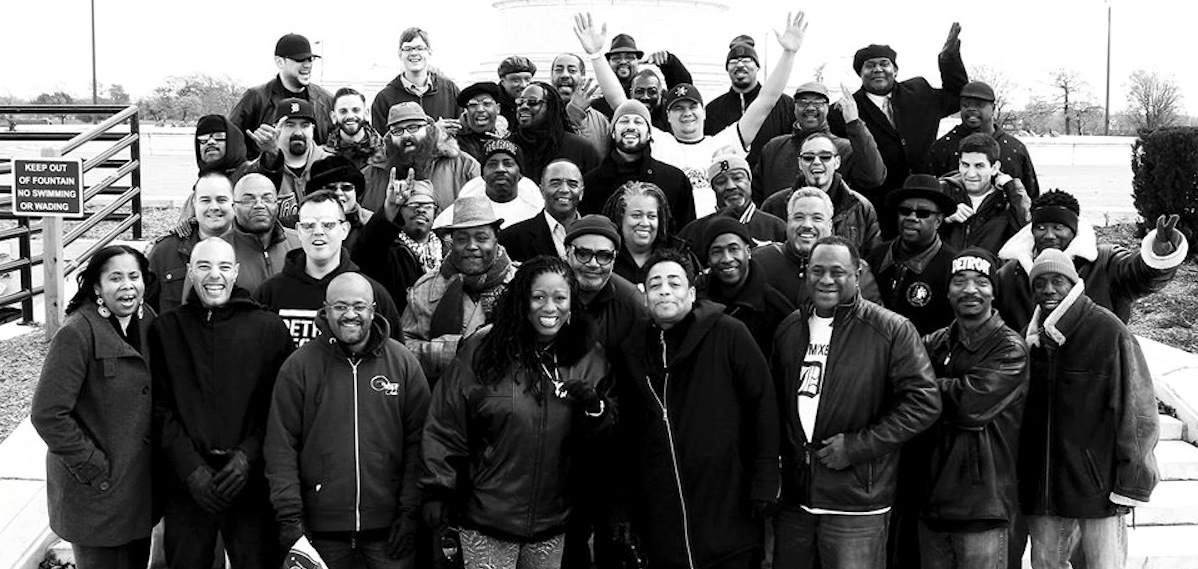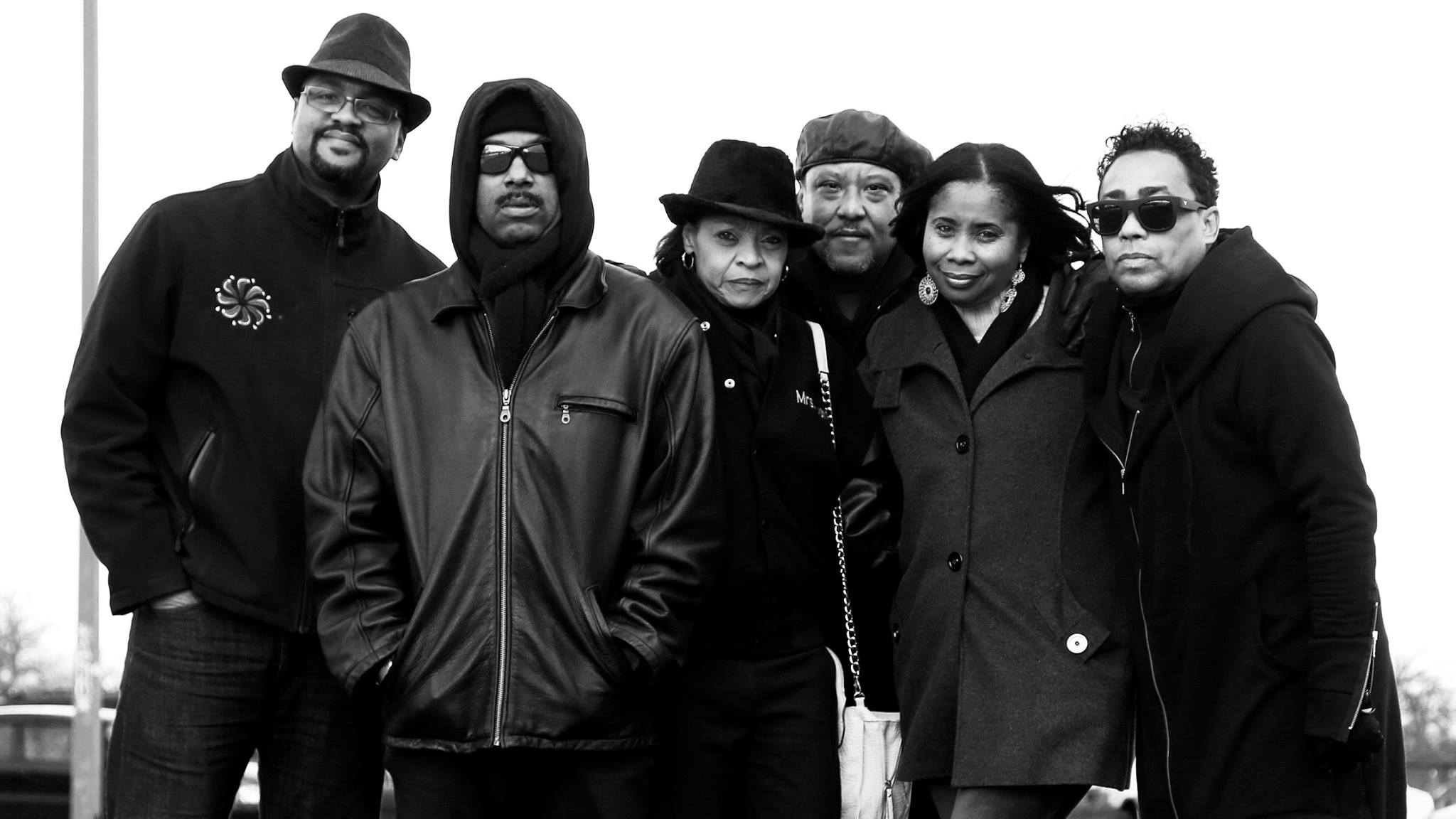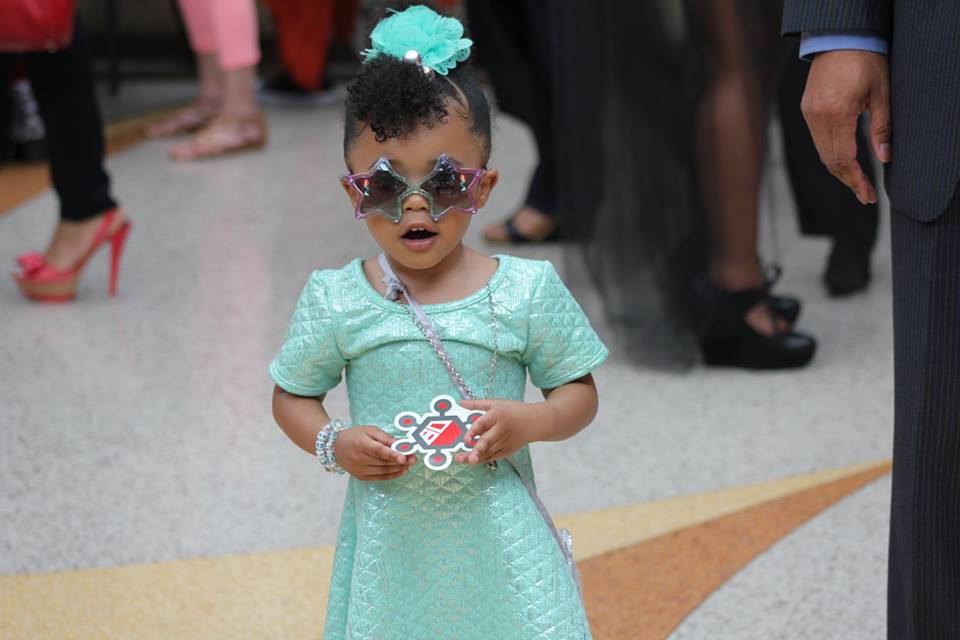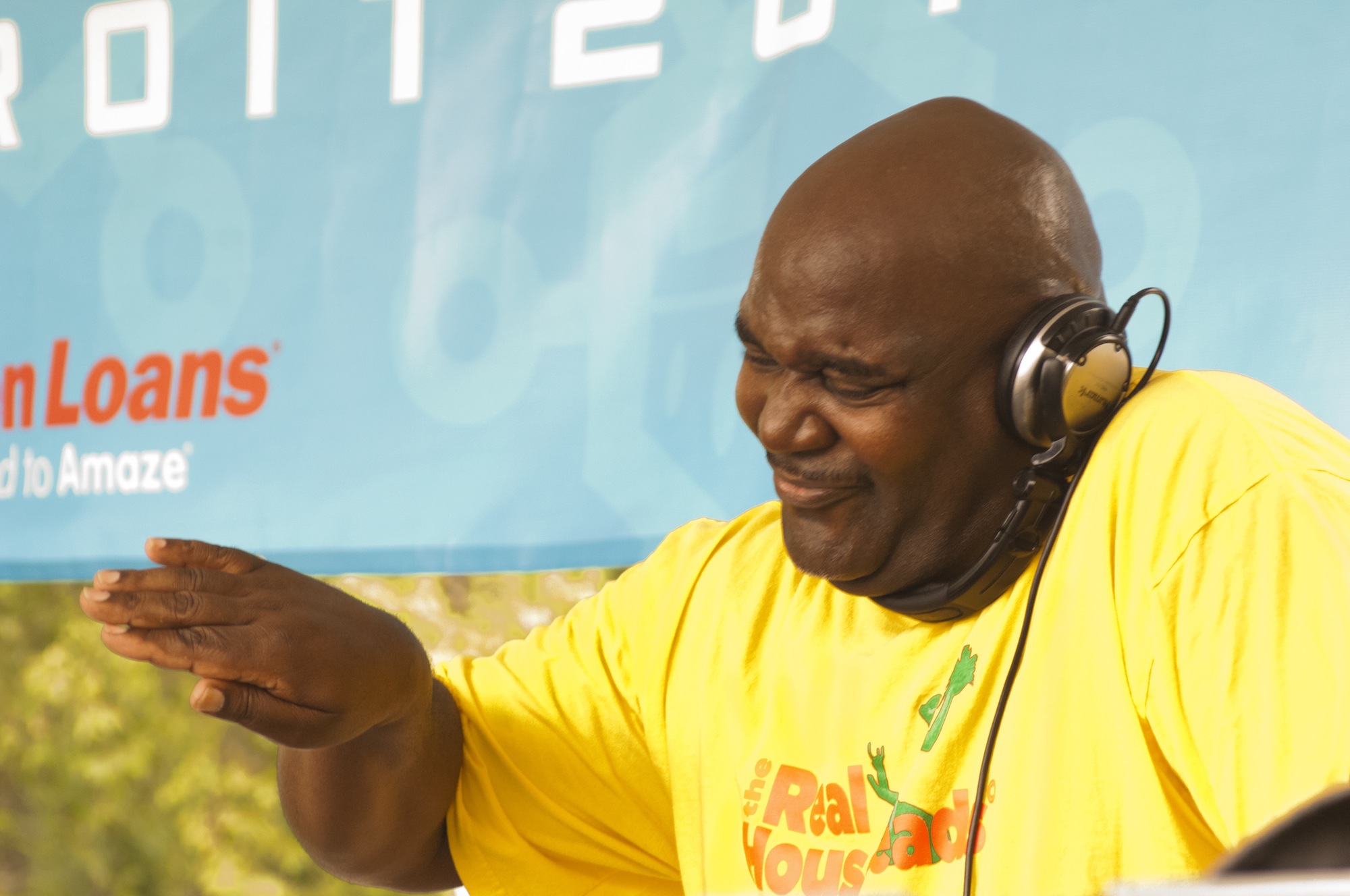Charivari Detroit, Then and Now
As the Motor City gears up for Charivari's second summer festival, two who were there take a look back at the seminal shindig's early days.

Charivari Detroit, Then and Now
As the Motor City gears up for Charivari's second summer festival, two who were there take a look back at the seminal shindig's early days.

It’s no coincidence that one of the first ever techno tracks shares a name—although not the spelling—with party brand Charivari Detroit. Event organizer and original Charivari Detroit brand promoter Todd Johnson explains, “[A Number of Names] had approached some of the guys in [Charivari] as far as seeing if it was okay. And nobody had a problem with it. Nobody even understood, like, making records back then. It was pretty much just some kids throwing parties. So it was more of a feeling honored thing than it was like someone was trying to co-opt your name.” Released in 1981, the first time he heard the track was, appropriately, at a Charivari shindig.
Named after a popular clothing store in New York City and canonized in Dan Sicko’s Techno Rebels, Charivari was a brand of high-school social club that preempted the formation of techno in early-’80s Detroit. Possessing marketing savvy beyond their years and casting a wider promotional net than their rivals, the Charivari brand was one of the more successful social clubs of the pre-techno era. The parties mostly took place in backyards, or spaces like the Y.W.C.A., the Park Avenue Club and the Rooster Tail. Averaging 400 to 500 kids at their parties, Johnson describes it as something out of a Charlie Brown episode, mixed with the mischief of Little Rascals. “Whenever you hear an adult in Charlie Brown it’s just wah-wah-wah-wah. Like they didn’t really exist. And that’s how our parents were—the occasional adults were almost like cardboard cut-outs.It’s like, where are the grown-ups? There are no grown-ups here!”

When venues like the Park Avenue Club would provide their own security, the ingenious youngsters would post them at the bottom of the stairs. Multiple floors up and directly outside the party hall, they would have their own hired guy holding things down. “[We were] mimicking what we thought ‘being grown’ was. You know, there were real clubs. I mean Studio 54 and all the New York stuff was happening then and all that. It was a group of kids being grown-ups,” Johnson explains of their motivation.
The first party Eddie Fowlkes ever attended was one such soirée at the Park Avenue Club. An all-black crowd, Charivari tended to attract kids from more affluent factions of the city. “I call it the black buppy kids. Like polo up. Extreme preppy. That was the scene,” Fowlkes recalls. It wasn’t uncommon for fathers to be judges, lawyers, or members of Motown groups. He paints for us an exuberant picture of a particularly successful backyard bash, during which the core Charivari crew wound up dancing to Devo’s “Whip It” on top of the garage, complete with plastic-tiered hats adorning their heads. “Back then, that was the beginning of blending,” he informs of those early ’80s affairs’ musical influence.
“It’s like we’re all a bunch of Peter Pans, and the party business is like Neverland.”
With Fowlkes, Johnson, and many others from Charivari’s original lineups still playing in more or less the same sandbox as they did back then, Johnson suggests, “It’s like we’re all a bunch of Peter Pans, and the party business is like Neverland. Some people never grow up…I mean look how many 60-year-old DJs are out there still [playing] for 20-year-olds. The music is timeless.”

Having revived the Charivari name last August for a free two-day event in Detroit’s Milliken State Park, Johnson tells us, “I have something that I have always felt can exist, and I’ve never seen it and I’ve been chasing it for 30 years, 40 years now…I’m still chasing it. I’m chasing—this is gonna be sounding very corny—I’m chasing unity.” Asked whether he thinks it’s actually attainable. “Wow, I sure hope so,” he exhales, with a glimmer in his eye and a grin on his face. “It’s kind of like our unicorn.”
His admirable ambitions are evident over the course of the conversation, which leads back to discussions of how to improve Detroit’s electronic-music scene and the ways in which local DJs can capitalize on the now multi-billion-dollar dance music market. “Why are there other DJs around the world making millions of dollars, but these guys still don’t have cars?” he demands. “Some of them are still living with their moms! It doesn’t make sense to me. We created some of this stuff. But yet, we’re the lowest paid.”
Twice in the last year Johnson has organized group photographs with as many of Detroit’s DJs in one shot as he could muster. A simple and no-strings-attached effort to bring them all together, he has cultivated images as iconic as the music spawned by their subjects. “This particular culture, it’s going to be extinct if we don’t curate a little better and treat it a little better and bring more information,” he says. “I think this has to be treated like jazz and like country, everything. They really cultivate their stuff. And they treat it with reverence, shall we say. We’re not treating it with reverence. We’re treating it like this is some stupid subculture that just needs to go away.”
After more than thirty years of chasing his elusive unicorn, Johnson says he does it because he “likes the kill.” He goes on, “I like to see a plan come together. It’s all about vision to me.” Right now that vision entails 10,000 Detroiters (and visitors) dancing and celebrating together on Belle Isle over the weekend of August 1 and 2—twice as many as are estimated to have attended last year’s inaugural Charivari Detroit.

The upcoming event boasts the most Detroit DJs ever in one place, and includes multiple “Fallout Shelter” after-parties each night. Similar to last year, it embraces both old guard local legends that have been with Charivari since the early days, like Delano Smith, Al Ester and Fowlkes, as well as newer names like Loren, Aran Daniels and Pontchartrain, and even a few out-of-towners. Free and family-friendly, it’s shaping up to be a fun-filled, no-frills weekend of the utmost electronic acoustics and, dare we say it, an opportunity for true unity in the Motor City.

